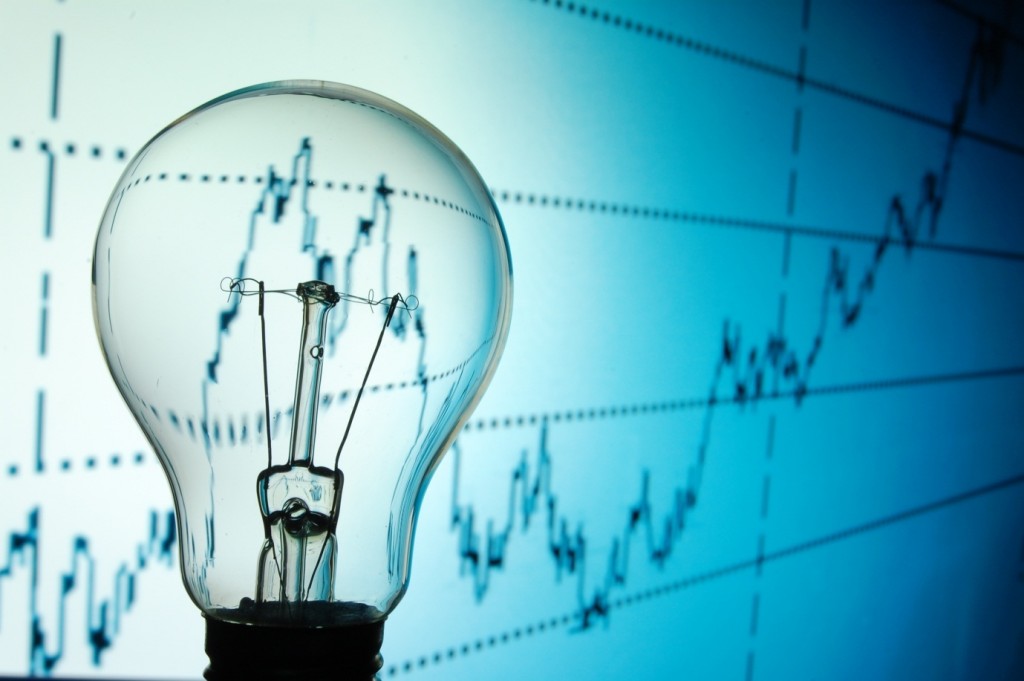The Senate, on Wednesday, passed the Electricity Bill 2022.
The bill’s passage was sequel to the consideration of a report by the Senate Committee on Power.
- Shettima’s Presentation: Tinubu free to sew clerical garments for hired mechanics – CAN
- Atiku: I hope I’ll have opportunity to complete ongoing restructuring at NNPC
Chairman of the committee, Sen. Gabriel Suswam, in his presentation, said the bill sought to among others, provide an Ideal legal and institutional framework to leverage the modest gains of the privatisation phase of the power sector in Nigeria.
He said that when signed into law, the bill would improve the utilisation of generated power through increased investments in new technologies to enhance transmission and distribution of generated power to minimise aggregate value chain losses.
According to the lawmaker, the piece of legislation will reinvigorate the institutional framework for the reform of the Nigerian Electricity Supply Industry (NESI) initiated and implemented by the Federal Government.
Suswam disclosed that the provisions of the bill sought to promote policies and regulatory measures that would ensure the expansion of power transmission networks in Nigeria in order to address any imbalance in the existing transmission infrastructure.
He noted that the bill would stimulate policy and regulatory measures to scale up efficient power generation, transmission and distribution capabilities of the sector; as well as address technological limitations and outdated infrastructure that were responsible for value chain loses.
The Deputy Chief Whip, Sen. Aliyu Sabi Abdullahi, noted that the aspect of renewable energy in the bill was given prominence amidst the energy mix.
The Electricity Bill, 2022, after a clause-by-clause consideration of the committee’s report by the Committee of the Whole, was passed by the upper chamber.
In his remarks, Senate President, Ahmed Lawan, said that “because of its importance and sensitivity, we will like to see a quick concurrence by the House of Representatives.
“This is because time is of essence as far as Nigeria is concerned when you talk about electricity and energy supplies in Nigeria.
“So, we will like to see that this bill is fully processed in the National Assembly and sent to the Executive arm of government for consideration and assent by the President.
“We believe that this piece of legislation can change the fortunes of the electricity industry in Nigeria for the better.” (NAN)

 Join Daily Trust WhatsApp Community For Quick Access To News and Happenings Around You.
Join Daily Trust WhatsApp Community For Quick Access To News and Happenings Around You.


